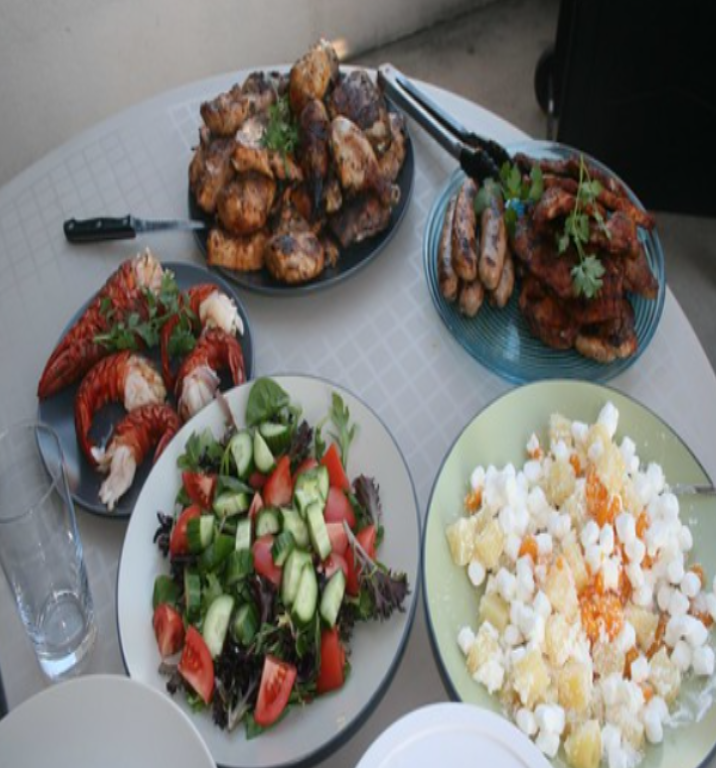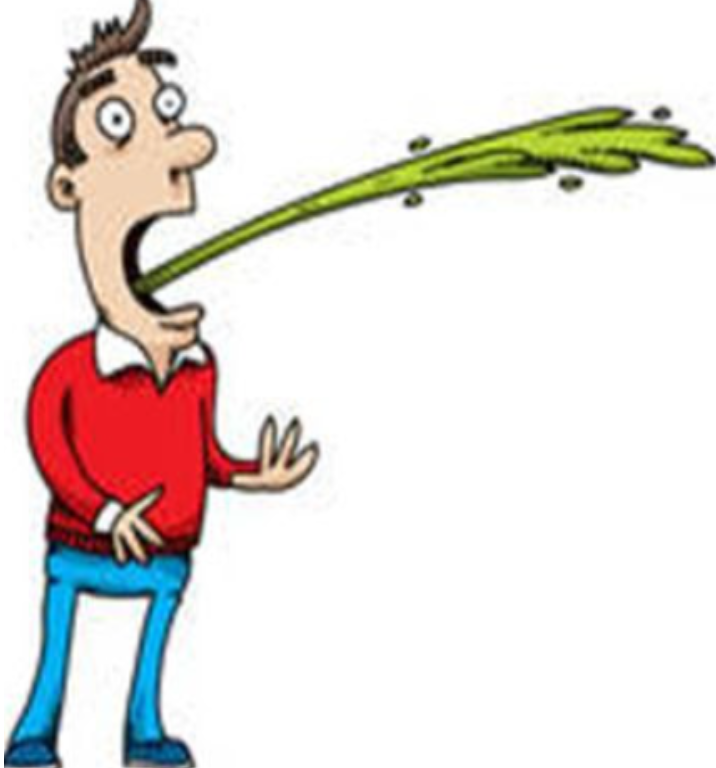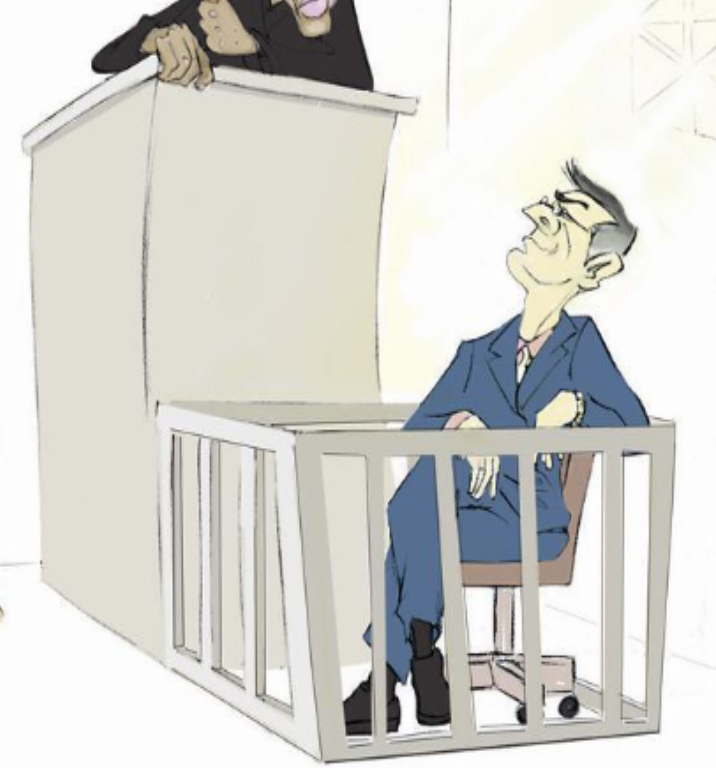TUI UK Ltd v Griffiths [2023] UKSC 48 (29 November 2023)
Citation: TUI UK Ltd v Griffiths [2023] UKSC 48 (29 November 2023)
Rule of thumb: Stare-decisis: If you are sick (effect) on holiday, and an expert report determines that food-poisoning on the resort was the likely cause, does the expert need to rule out all other possibilities & factors? No, ‘cause & effect’ means that an expert only has to hear the effect (‘sickness’) & determine the most likely ‘cause’ (factor). The defence has to cross-examine the expert on this if they want other ‘factors’ (causes) to be deemed by the Court to have induced the ‘sickenss’ (effect).
Background facts: The facts of this case were that Griffiths was on a package holiday. Griffiths got sick after eating in the hotel.
When Griffiths returned he sued the travel agent. He acquired an expert report who had the symptoms of the sickness and the timing explained in a brief report and stated that this sounded like food poisoning caused by the hotel. The expert did not go through every cause of the sickness and explain why this did not apply & the food poisoning did. The defenders in the case did not seek to challenge the expert report in any way through cross examination. Rather they waited until the end of the trial and explained that there were so many other possibilities not considered by the expert that the report was not credible & reliable, so the cause of the sickness had not met the standard of the balance of probabilities. The lower Courts upheld this and stated that it was not possible to say with 51% certainty that food poisoning was the cause of the sickness.




Parties argued: Griffiths argued that the report did meet the standard of the balance of probabilities. Griffiths argued that an expert explaining why it was possible was sufficient to meet this and there was no need to rule out all possibilities to meet the standard.
TUI argued that there were multiple potential causes of sickness on holiday. They argued that a complete absence in an expert report to consider any of them meant that the expert report did not meet the balance of probabilities standard.
Court held: The Court upheld the arguments of Griffiths. They affirmed that the balance of probabilities was met & the 51% threshold was reached. They affirmed that if an expert report has not considered multiple cause of an effect such as sea sickness, then this has to be to put to the expert on cross-examination to answer in order for a Court to be able to hold that it was more likely 51% possible that the cause of the sickness was something else.

Ratio-decidendi:
75. ‘None of the exceptions identified in paras 61-68 above applied to Professor Pennington’s evidence. In the absence of a proper challenge on cross-examination it was not fair for TUI to advance the detailed criticisms of Professor Pennington’s report in its submissions or for the trial judge to accept those submissions.
76. Both the trial judge and the majority of the Court of Appeal erred in law in a significant way. The trial judge did not consider the effect on the fairness of the trial of TUI’s failure to cross-examine Professor Pennington. The majority of the Court of Appeal did, but they erred in limiting the scope of the rule to challenges to the honesty of a witness. As a result, neither properly addressed the application of rule to the facts of this case. In my view, in agreement with Bean LJ’s powerful dissent in para 99 of his judgment, Mr Griffiths did not have a fair trial.
77. I also respectfully disagree with Asplin LJ’s acceptance of Mr Stevens’ attempted distinction between holding that Professor Pennington’s report was wrong and holding that it did not establish Mr Griffiths’ case on causation. This argument is, as Bean LJ stated, hair-splitting. On any view, the trial judge rejected Professor Pennington’s conclusion that on the balance of probabilities the cause of Mr Griffiths’ illness was food or fluid ingested in the hotel.
78. In view of those errors of law, it falls to this court to make its own assessment of the evidence. TUI failed to challenge Professor Pennington’s report on cross-examination, which was therefore uncontroverted. I have regard to the factual findings of the trial judge summarised in para 72 above (findings of poor hygiene standards in the hotel at which Mr and Mrs Griffiths had almost all their meals during their stay and the absence of evidence of poor standards at the other establishments). I also have regard to Professor Pennington’s report and CPR Pt 35.6 answers summarised in paras 73 and 74 above (the identification of giardia in the stool tests, its commonness in Turkey, its incubation period, his explanation as to why he excluded amoebic dysentery and viral infection as unlikely, and his explanation of the straightforward basis of his assessment in answers to questions 4 and 6). I conclude that, on that evidence, Mr Griffiths has established his case on the balance of probabilities’.
Lord Hodge
Warning: This is not professional legal advice. This is not professional legal education advice. Please obtain professional guidance before embarking on any legal course of action. This is just an interpretation of a Judgment by persons of legal insight & varying levels of legal specialism, experience & expertise. Please read the Judgment yourself and form your own interpretation of it with professional assistance.

